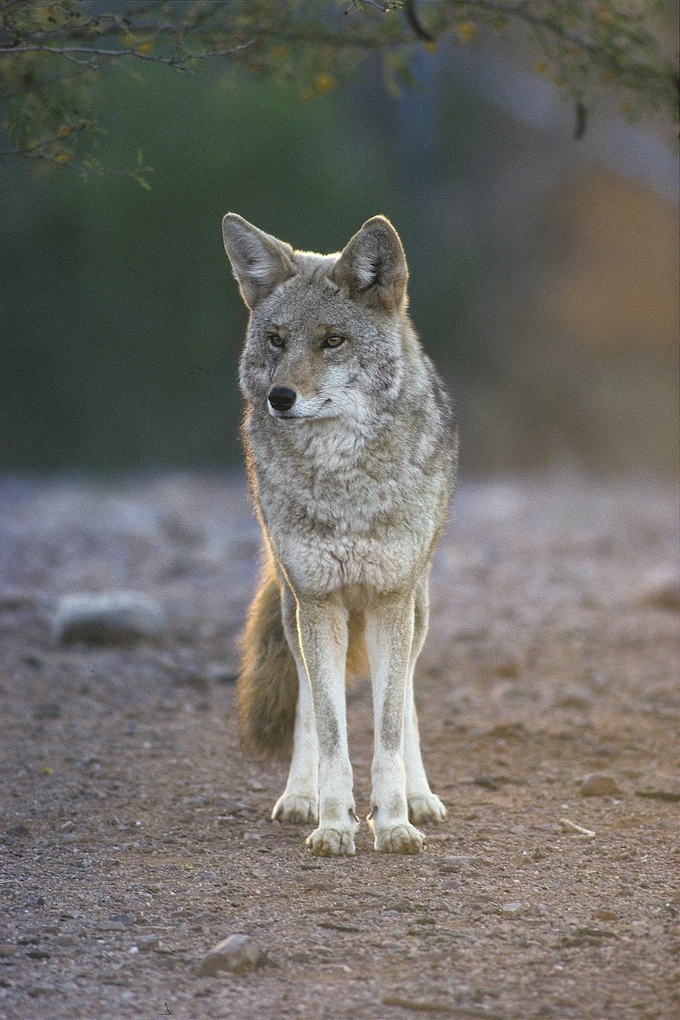
Coyote photo by Robin Silver
VAN NUYS, Calif.— In response to overwhelming public support for banning wildlife-killing contests, the California Fish and Game Commission voted Wednesday to adopt regulations prohibiting hunting “derbies” targeting species such as coyotes, raccoons and badgers. The ban came after thousands of Californians expressed opposition to the killing competitions.
“We’re grateful that the commissioners responded to the public’s call for science-based, ethical and ecologically sound stewardship of California’s wildlife,” said Amaroq Weiss, the Center’s West Coast wolf organizer. “Banning contests that reward people, including children, for killing animals is the right thing to do.”
Few Californians knew that existing state law allowed wildlife-killing contests. That changed in early 2013 after wildlife conservation groups pushed to increase public awareness of an annual “coyote-drive” killing contest held in Northern California. While wildlife-hunting contests occur throughout the state, the location of the coyote-killing competition sparked additional attention because it was held in Northern California counties frequented by OR-7, the dispersing Oregon wolf who became California’s first confirmed wild wolf in 87 years.
Outrage over the antiquated killing contests, including the threat to dispersing wolves like OR-7, resulted in public outcry for a statewide ban.
Under California law species such as coyotes, raccoons, badgers and others are designated as “nongame mammals” or “furbearers” — both of which can be killed in any number without limit. The commission’s decision to ban competitions targeting those two categories of animals was based, in part, on its recognition that subjecting the species to contest hunts does not reflect good sportsmanship. The commission’s vote does not ban contest hunts of species that are designated as game mammals, such as deer and elk.
“Today’s vote adds a measure of restraint and respect for species that are highly persecuted by some members of society and revered and loved by others,” said Weiss. “The commission and the state wildlife agency it oversees are required by state law to manage our natural resources, including wildlife, according to ecosystem-based management based on credible science, and these contests don’t come close to meeting those standards.”
Additional efforts across the country to end wildlife contest-hunts are meeting with success. In response to a lawsuit filed by the Center and allies, the U.S. Bureau of Land Management decided last week to withdraw a permit it had issued to a private party for a predator-killing contest in Idaho. Earlier this year a coyote-killing contest in Oregon was shut down after public outcry, and Washington residents spoke out at a commission hearing against similar contests.

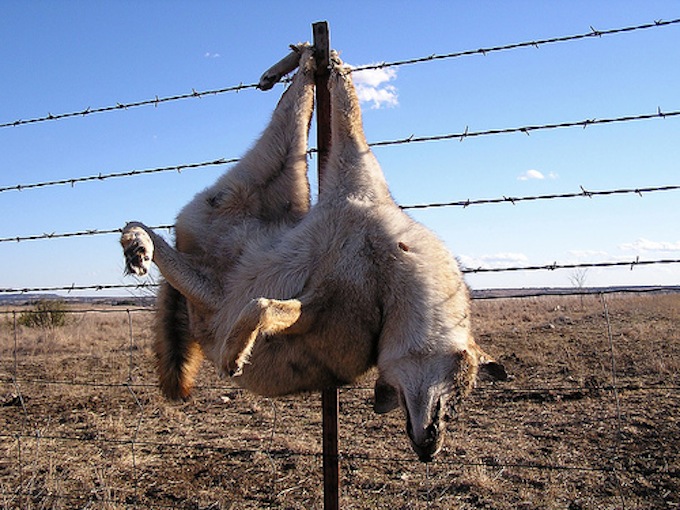
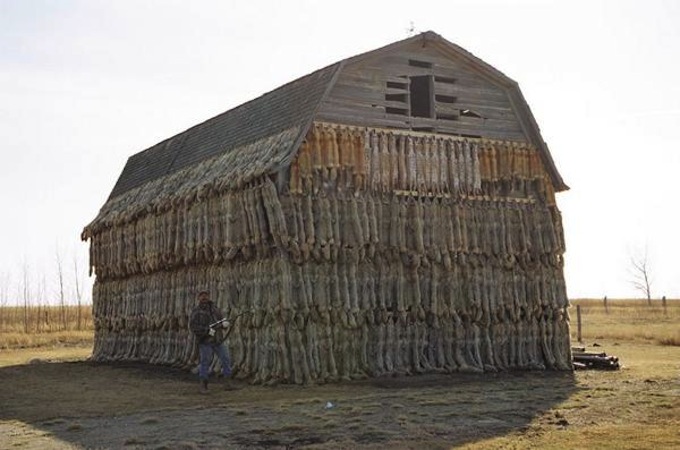
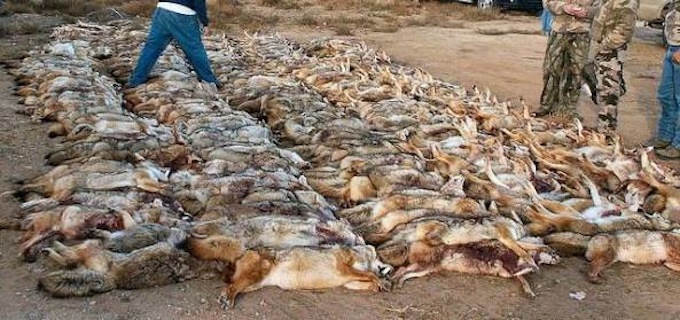
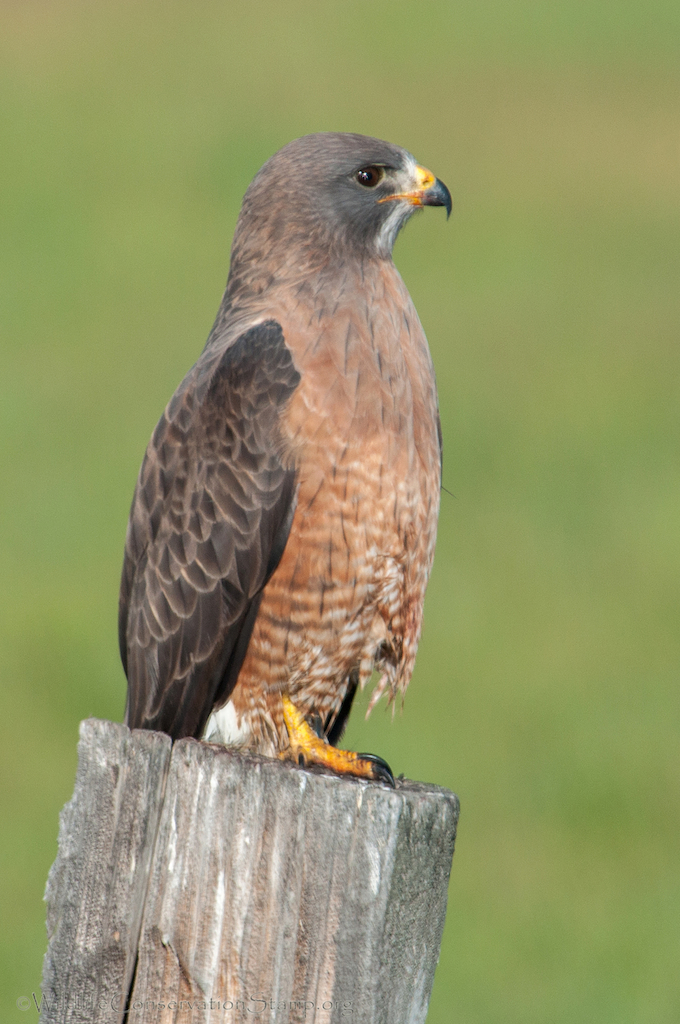 Swainson’s Hawk (Buteo swainsoni) photo by Larry Jordan
Swainson’s Hawk (Buteo swainsoni) photo by Larry Jordan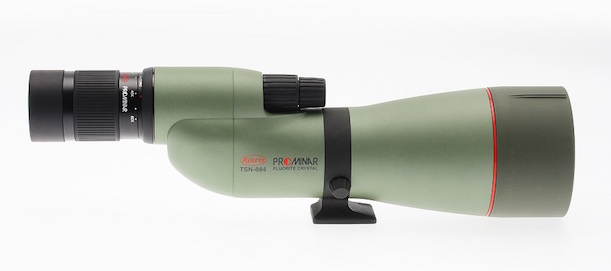


Social Media Connect